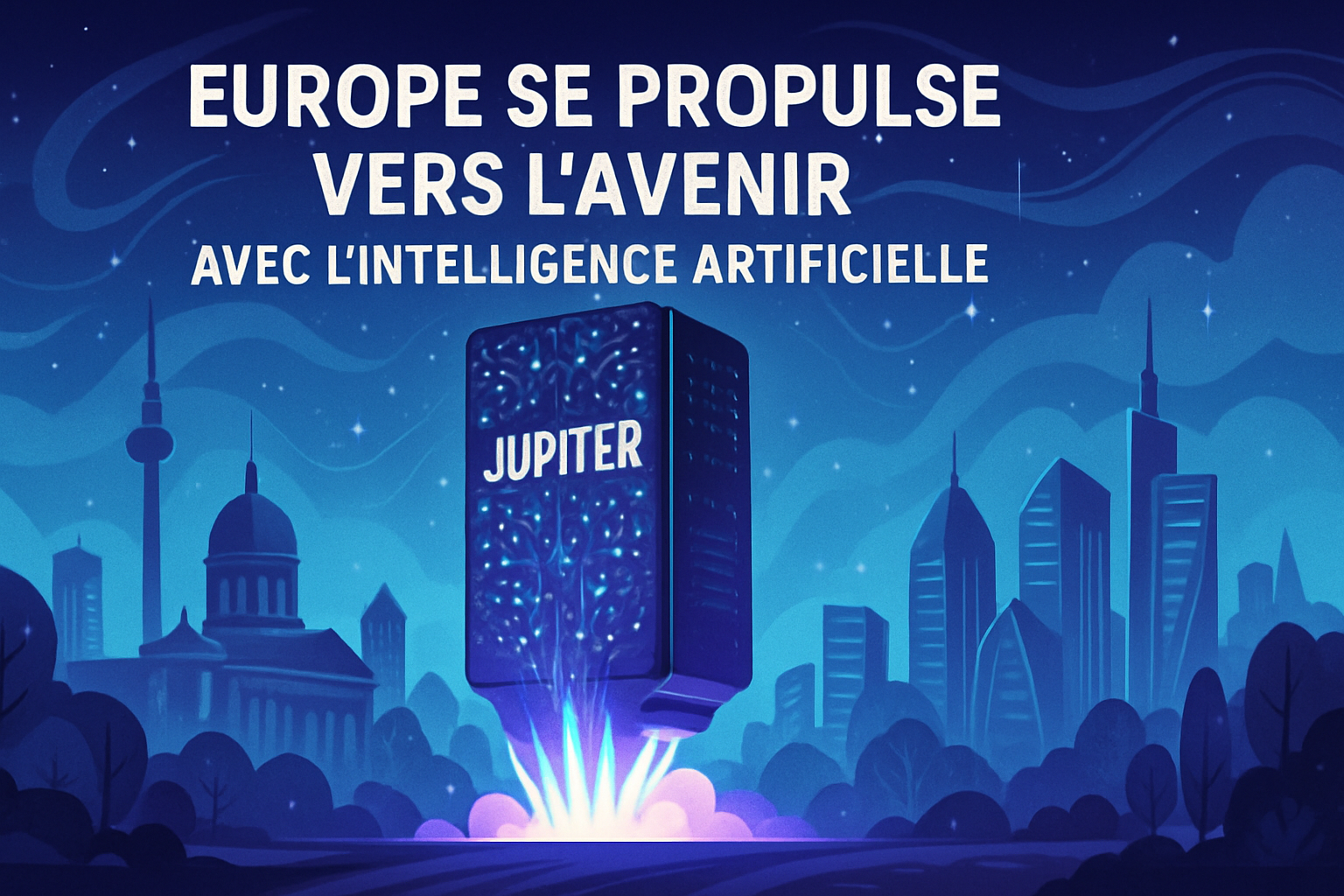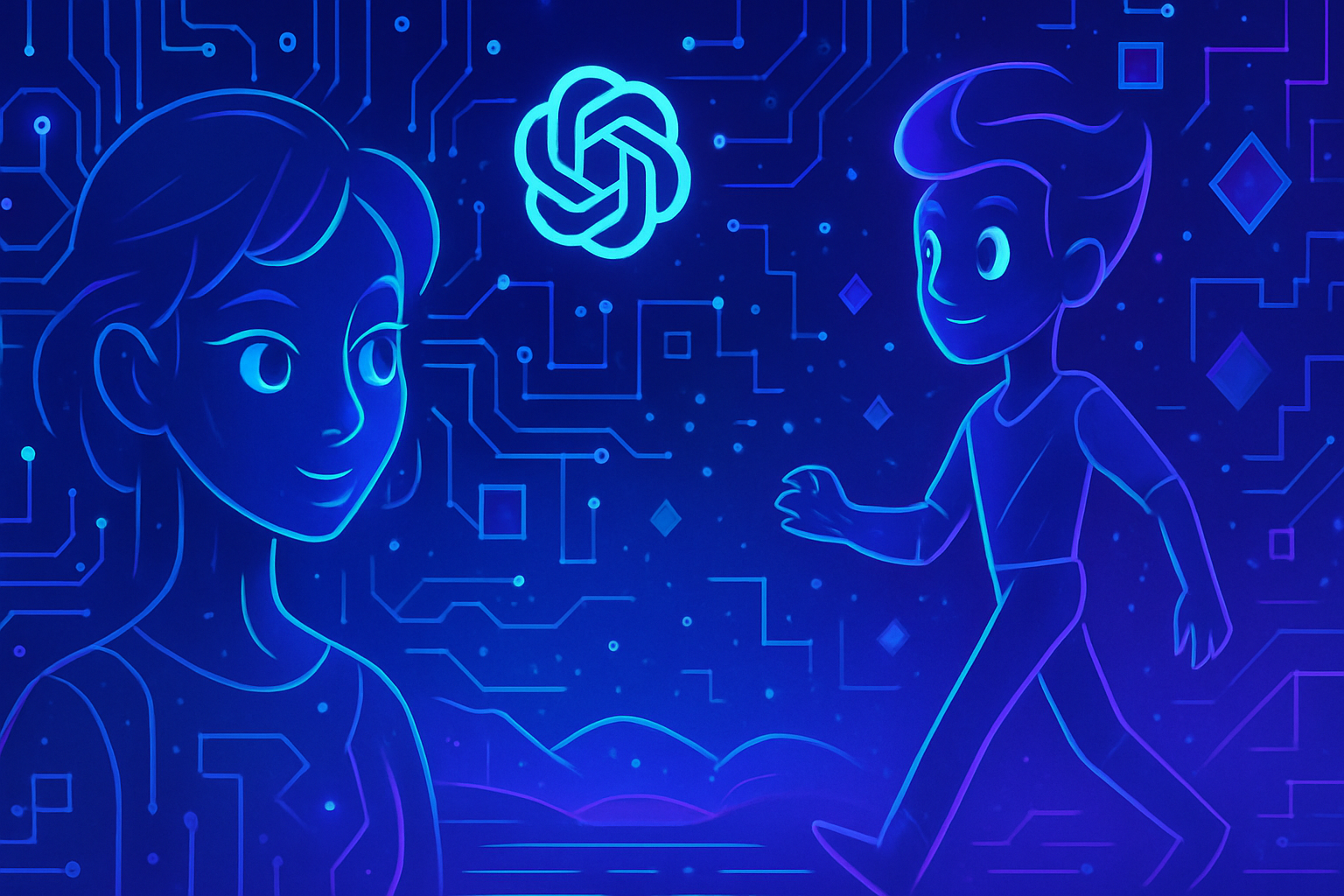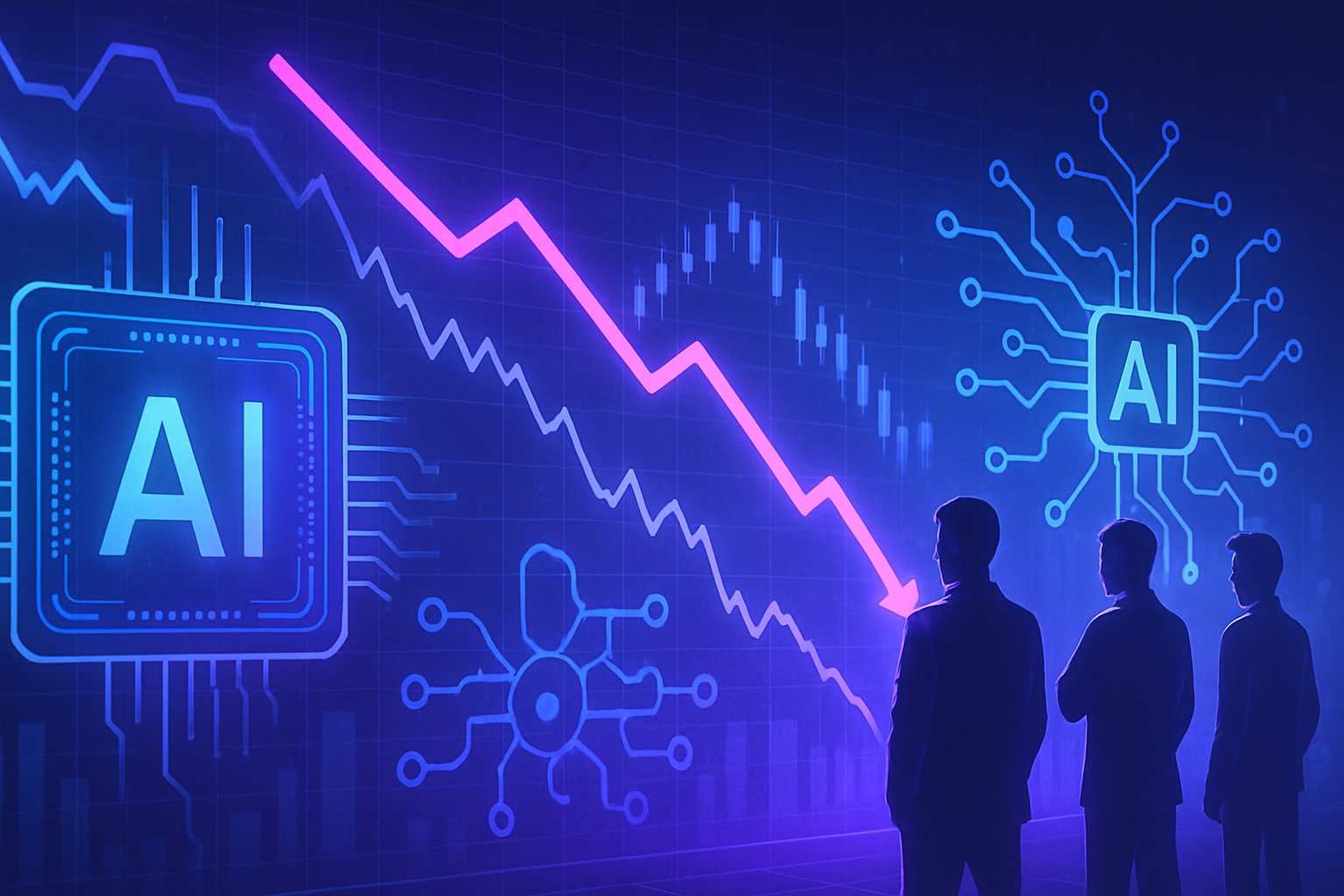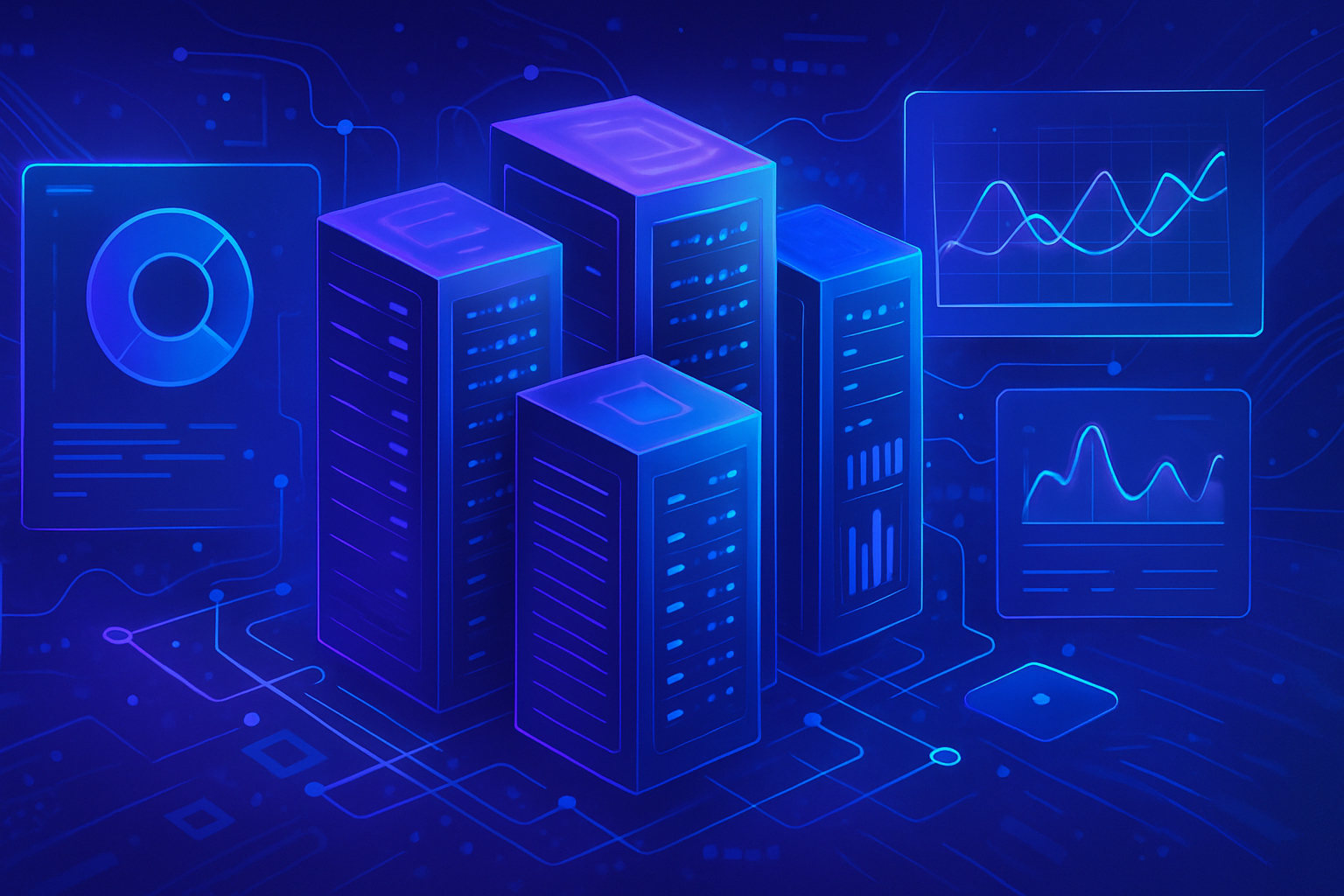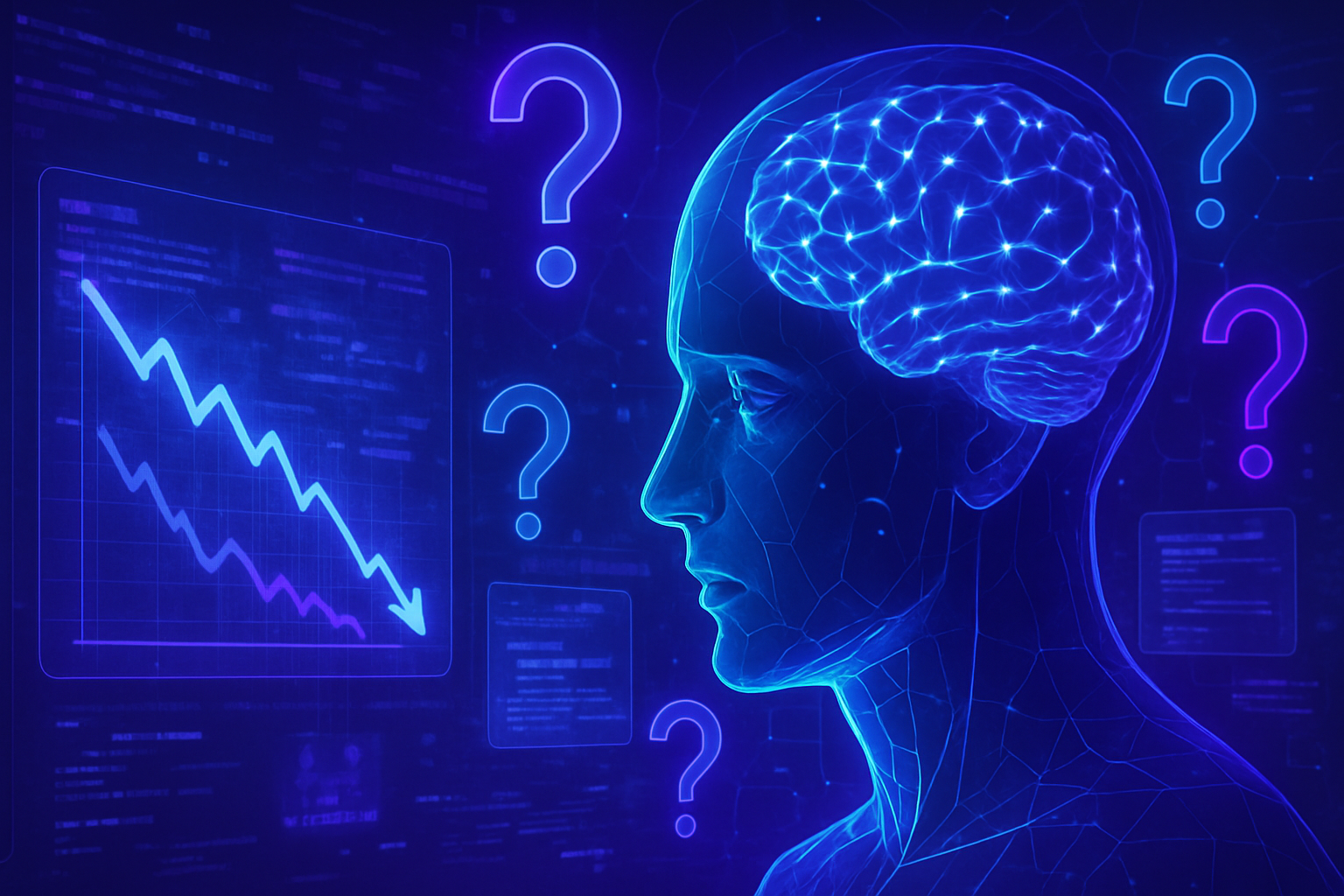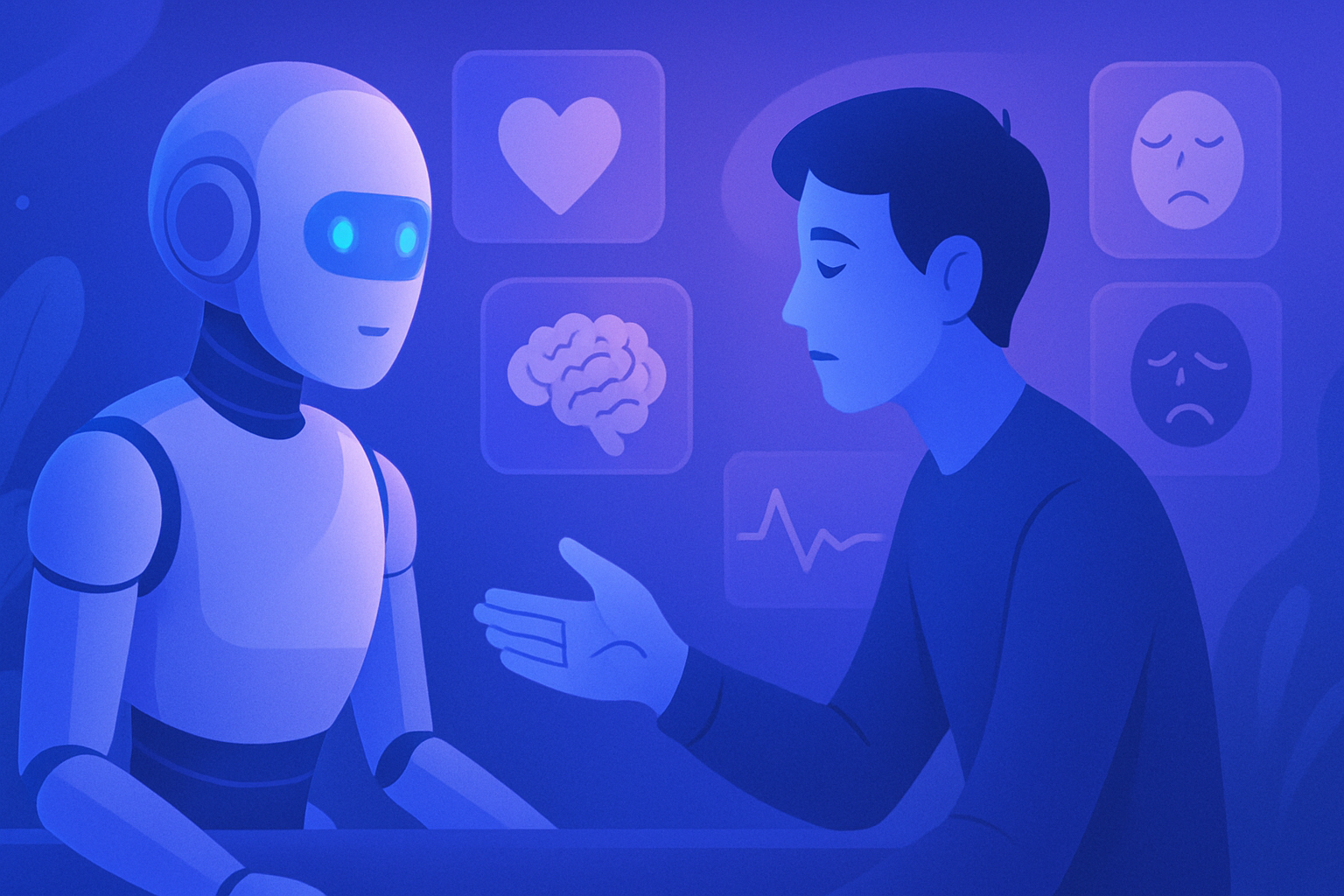This launch marks a major technological revolution in Europe, propelling the Old Continent to the forefront in the field of artificial intelligence. By inaugurating Jupiter, the first exascale supercomputer, Germany aims to close its gap behind the United States and China. The unparalleled power of Jupiter, capable of performing one quintillion calculations per second, represents a strategic asset for research and innovation.
The Launch of Jupiter
The German Chancellor, Friedrich Merz, inaugurated on Friday, September 5, 2025, in Jülich, Europe’s first “exascale” supercomputer, named Jupiter. Designed by the French group Atos and financially supported by the European Union as well as Germany, this computer, with unprecedented power, manages to execute more than one quintillion calculations per second, equivalent to one billion billion.
A Major Technological Advancement
Jupiter is positioned as a revolutionary tool for artificial intelligence, aiming to reduce the gap with the American and Chinese powers in this field. The chancellor emphasized Europe’s obligation to close its technological gap in the face of the increased competition represented by these two dominant nations.
Covering an area of approximately 3,600 square meters, Jupiter is comparable to half of a football field. It consists of rows of processors and 24,000 chips from the company Nvidia, vital in the AI industry. The cost of realization amounts to 500 million euros, financed equally by the European budget.
Implications for Research and Development
The capabilities of Jupiter promote significant advancements in the field of training artificial intelligence models. This supercomputer is crucial for training large language models (LLMs), such as those used in various applications like generative chatbots.
Researchers note that there is an urgent need for computational tools as powerful as this to compete on an international scale. Thomas Lippert, director of the Jülich Research Center, describes Jupiter as the first competitive European supercomputer on the global stage.
A Matter of Technological Sovereignty
Chancellor Merz stressed that such infrastructure is at the heart of European competitiveness and technological sovereignty. According to a report from Stanford University, American institutions produced 40 notable AI models in 2024, while Europe has produced only three.
José Maria Cela, a researcher at the Supercomputing Center in Barcelona, emphasizes the importance of Jupiter to support technological advancement efforts in Europe, which laments a lack of systems of this magnitude.
Various Applications Beyond AI
Jupiter does not only support the development of artificial intelligence; it also offers usage perspectives in various fields such as climate forecasting. Researchers hope that its performance will allow for long-term climate simulations, thus anticipating climate hazards with improved accuracy.
Optimizing studies on energy transition, Jupiter will have the capacity to simulate air flows around wind turbines to enhance their design. In the health sector, it could contribute to modeling brain processes, thereby improving the development of treatments for diseases like Alzheimer’s.
Dependence and Future Challenges
Despite its exceptional capabilities, Jupiter remains dependent on American technology, notably through its numerous Nvidia chips. This situation amplifies concerns related to technological dependence during a period of heightened tensions between the United States and Europe.
The advancements made by Jupiter represent a major step, but the challenges to ensure European autonomy and competitiveness are considerable.
Frequently Asked Questions about the Launch of Jupiter, Europe’s Revolutionary Supercomputer
What is Jupiter and what are its capabilities?
Jupiter is Europe’s first exascale supercomputer, capable of performing at least one quintillion (one billion billion) calculations per second, representing a major advancement for artificial intelligence in Europe.
How was the Jupiter project financed?
The supercomputer was developed by the French group Atos, with its funding provided equally by the European Union and Germany, totaling a budget of 500 million euros.
What types of applications can benefit from Jupiter?
Jupiter can be used for various applications, including training artificial intelligence models, climate forecasting, as well as research in health and energy transition.
What is the importance of Jupiter in the global rivalry in artificial intelligence?
Jupiter enables Europe to catch up with the United States and China in the field of artificial intelligence, playing a crucial role in competitiveness and national security.
Why is computing autonomy essential for Europe?
Having sovereign computing capabilities is fundamental to ensure Europe’s competitiveness in the global AI economy and to avoid excessive dependence on American technology.
What AI systems could benefit from Jupiter?
Jupiter is particularly suited for training large language models (LLMs) used in applications like generative chatbots, such as ChatGPT.
What is the potential impact of Jupiter on climate forecasting?
Jupiter will enable much more detailed climate forecasts, with projections extending up to 30 years or even 100 years, allowing for better anticipation of extreme weather events.
How could this supercomputer improve health research?
Researchers will be able to use Jupiter to simulate more realistic brain processes, which could lead to advancements in drug development for diseases such as Alzheimer’s.
